Drugs: Why fight a war with no chance of victory?
It's a well-established principle of modern society that outlawing anything just creates a highly lucrative black market economy in whatever commodity was banned.
Government of the people, for the people strays into dangerous territory whenever significant numbers of the population - albeit perhaps a minority - become frustrated or outraged when government tells them they can't do something that they regard as a very personal right and essentially harmless to others.
Banning alcohol in the prohibition years merely created a black-market supply and, with it, vast income potential to those in control of that outlaw economy. Operating as outlaws, gangsters don't compete on regular free-market principles but wage war for control of lucrative and productive territories and at that level every individual "innocently" satisfying personal demand is unthinkingly fueling a vicious and bloody war in the underworld.
But the war isn't limited to gangsters, law enforcement officers necessarily get involved in a futile attempt to suppress the supply chain but under-funded, under-resourced and undermined by persistent popular demand their efforts yield too little success in return for the risk of their lives and government costs diminished by the loss of tax income on the outlawed commodity.
Why doesn't government learn that outlawing the supply of a popular commodity does not work for society but instead creates a gangster economy and fuels gang wars?
Alcohol prohibition was but a drop in the ocean compared with the modern-day drug economy. From the street to the international cartels a ruthlessly bloody war rages each and every day over drug supply and the incredible tax-free profits available. For the homeless and the hopeless it's a welcome escape and an easy income. Law enforcement, courts and prison systems are inundated with fighting a war that shows no sign of ending or abating. Gangster violence is rife in the streets, convicted users face a bleak and uncertain future, addicts turn to crime to feed addictions and officers risk their lives every day and every day the problem only gets bigger.
Suppliers are the only ones with any real control.
lsn't it time that government and the society it represents finally accepts the fact that control belongs to the suppliers?
Regulating - and controlling - supply will immediately deny income to the gangs and cartels. Even with heavy taxation, controlled supply would help prevent spin-off crime from existing addicts and the taxation, combined with all the immense savings in law enforcement, judicial and custodial costs, would more than fund the health care and - more importantly - the urban investment and education that can ultimately strangle demand.
Are drug cartels influencing government policy?
Government is sometimes exposed as a dirty business. Influential business and lobbyists are known to 'help' shape policies and - by fair means or foul - to sway politicians' votes. Given the vast sums involved is it really impossible that continuing the so-called drug war is actually supported and encouraged by drug cartels? Drug cartels are the only ones coming out ahead in the status quo and they are the biggest losers in an alternative policy of regulation.
Is the "drug war" just another Vietnam?
Every day people are dying and lives are being ruined while the war continues but no real ground is being won. There can be no ultimate victory, just the occasional trophies of war with which to reassure society that the authorities are working hard. But that's just spin when, even in the closely regulated environment of prisons, the supply and use of drugs are at an all-time (pardon the pun) high.
INSANITY is defined as doing the same thing over and over and expecting a different result.It's the time for change. Trump claims to be a champion of change so please take the lead :-
Regulate the drugs, starve the cartels, empty the prisons, help addicts and invest in community and education to avoid victims to shrink demand.
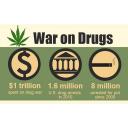




















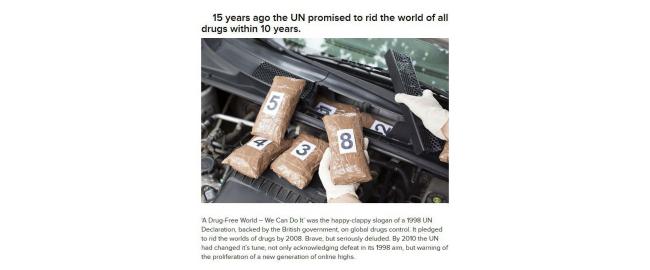
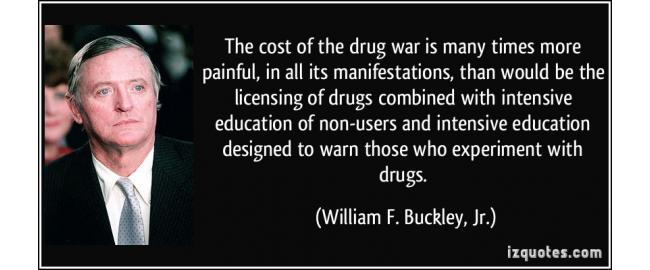
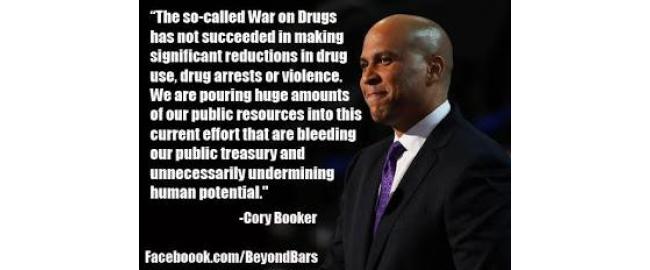
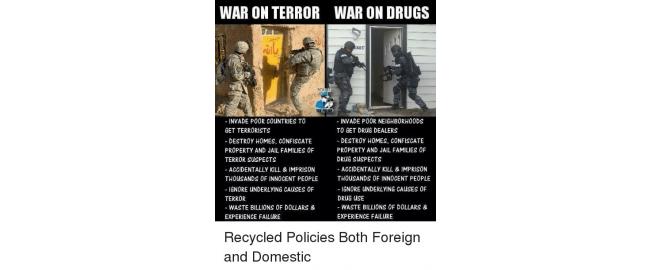
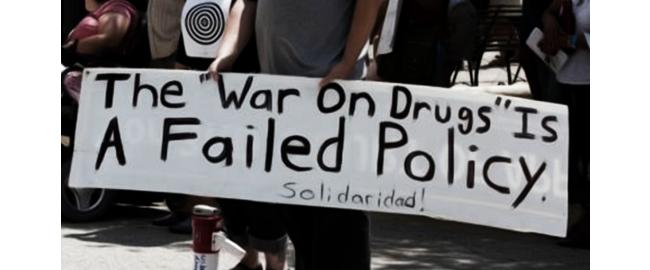
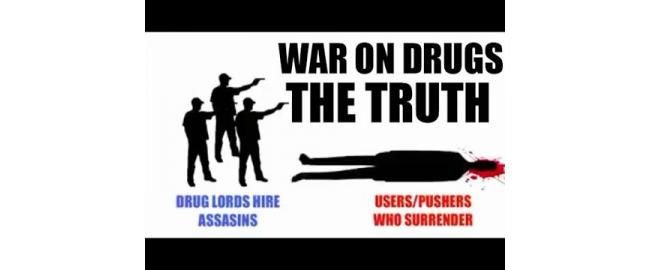
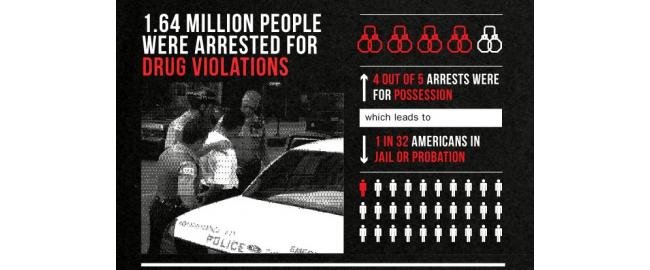
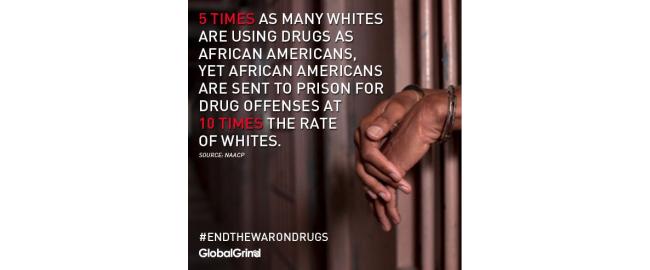
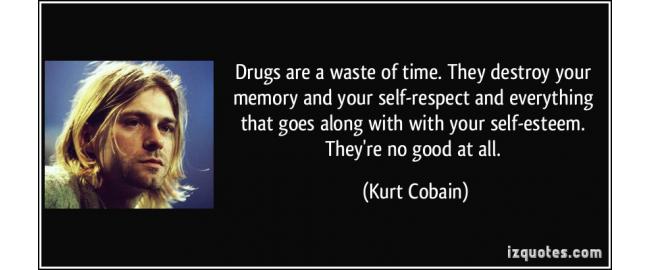
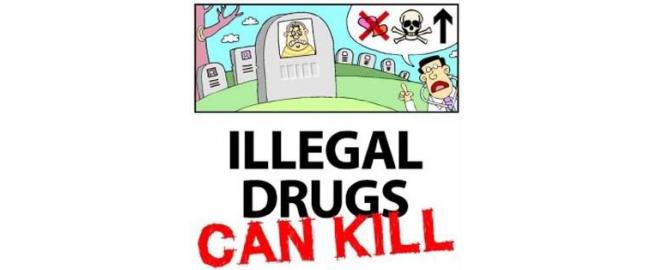
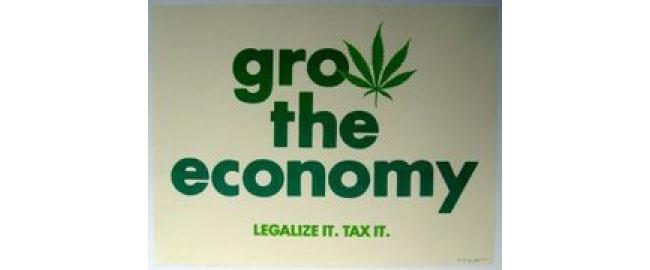
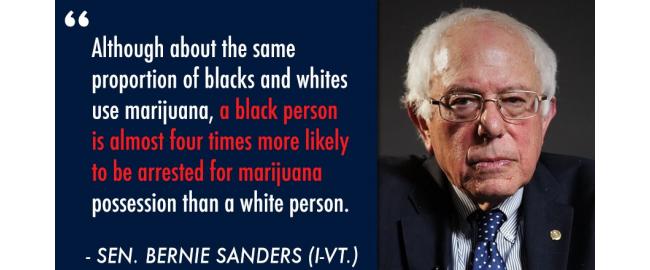
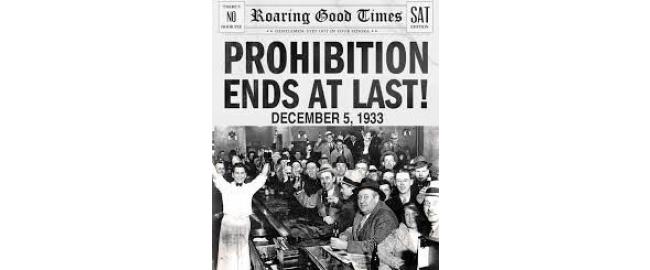
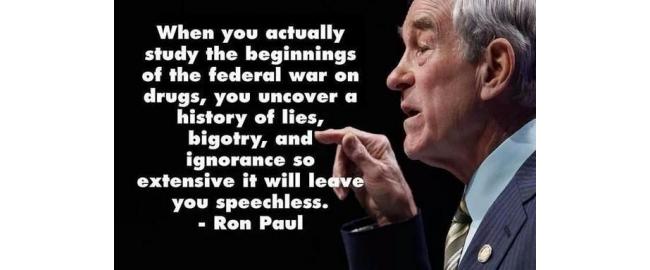
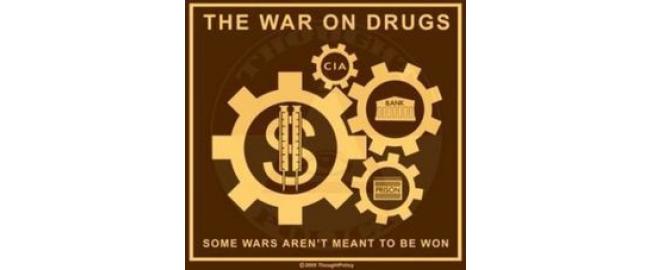
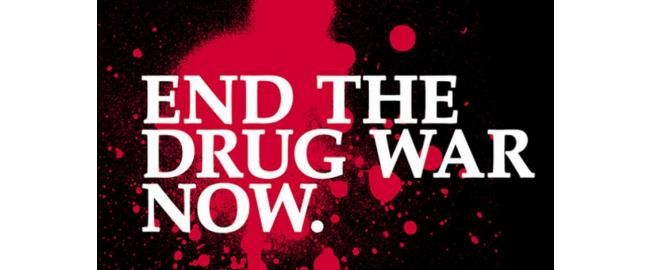
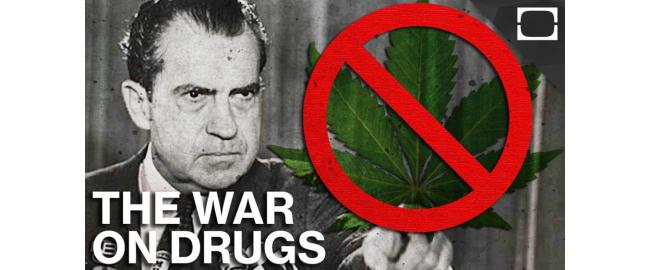
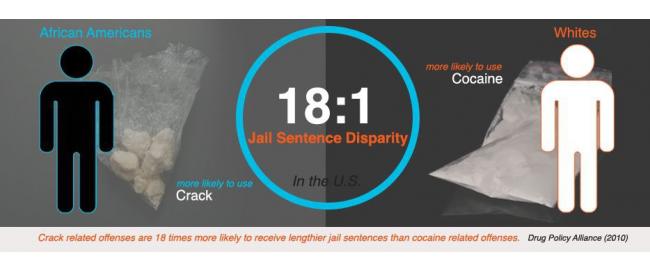

Comments